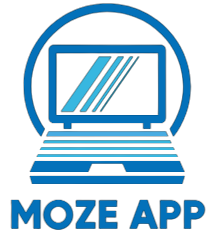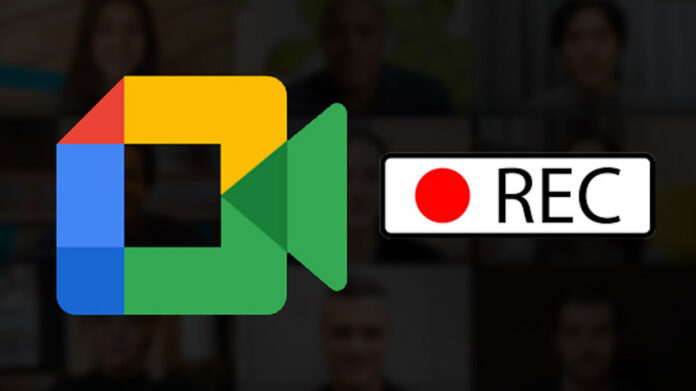In today’s digital age, virtual meetings have become integral to our professional and personal lives. With the rise of remote work and the need for efficient communication, platforms like Google Meet have gained immense popularity. One key feature of Google Meet is the ability to record meetings, allowing participants to review discussions and essential details later. This article will explore the benefits of recording virtual meetings with Google Meet and how it can enhance productivity and collaboration. Additionally, you will learn how audio-to-text converters can be utilized to optimize these recorded meetings further. Let’s first learn how to record a google meet meeting.
How to Record a Google Meet
Before delving into the benefits, let’s quickly review how to record a Google Meet session. Starting a recording on Google Meet is a straightforward process. Once you have joined a meeting, click on the three-dot menu at the bottom right corner of the screen and select the “Record meeting” option. The recording will then begin, and all participants will be notified that the meeting is being recorded. After the meeting concludes, the recorded file will be saved to the meeting organizer’s Google Drive.
Enhanced Collaboration and Communication
Recording virtual meetings with Google Meet offers numerous benefits that significantly enhance participant collaboration and communication. Firstly, it allows attendees to focus more on the meeting discussion, knowing they can review the recorded session later. This leads to increased engagement and active participation during the meeting.
Moreover, recorded meetings can be invaluable for those who couldn’t attend the session in real time. Whether it’s due to conflicting schedules or different time zones, recording meetings ensures that important information is not lost. Participants can catch up by watching the recording at their convenience, fostering inclusivity and preventing knowledge gaps within the team.
Easy Reference and Review
The ability to review past virtual meetings can be immensely beneficial for teams working on complex projects or those dealing with intricate details. By recording and archiving meetings, Google Meet enables participants to refer back to essential discussions, decisions, and action items. This feature not only aids in clarifying any misunderstandings but also serves as a reliable reference point for future meetings.
Audio to Text Conversion for Efficient Analysis
Now, let’s consider how an audio-to-text converter can further optimize the benefits of recording Google Meet sessions. An audio-to-text converter is a tool that transcribes spoken language into written text. By utilizing this technology, recorded meetings can be transformed into text-based documents, making searching for specific information and extracting key insights easier.
With an audio-to-text converter, participants can quickly skim through the text document, looking for specific keywords, topics, or action items. This not only saves time but also enhances the productivity of post-meeting analysis. Moreover, text-based records can be easily shared and collaborated upon, ensuring everyone is on the same page and can contribute to ongoing discussions.
Conclusion
In conclusion, recording virtual meetings with Google Meet offers significant advantages for enhancing collaboration and communication. Reviewing past meetings and accessing essential details anytime can significantly improve productivity and ensure that valuable information is not lost. These recorded meetings become even more powerful when combined with an audio-to-text converter. The ability to convert audio to text allows for efficient analysis, effortless reference, and seamless knowledge sharing. By leveraging these features, teams can maximize the benefits of virtual meetings and foster effective communication in the digital workspace.
















